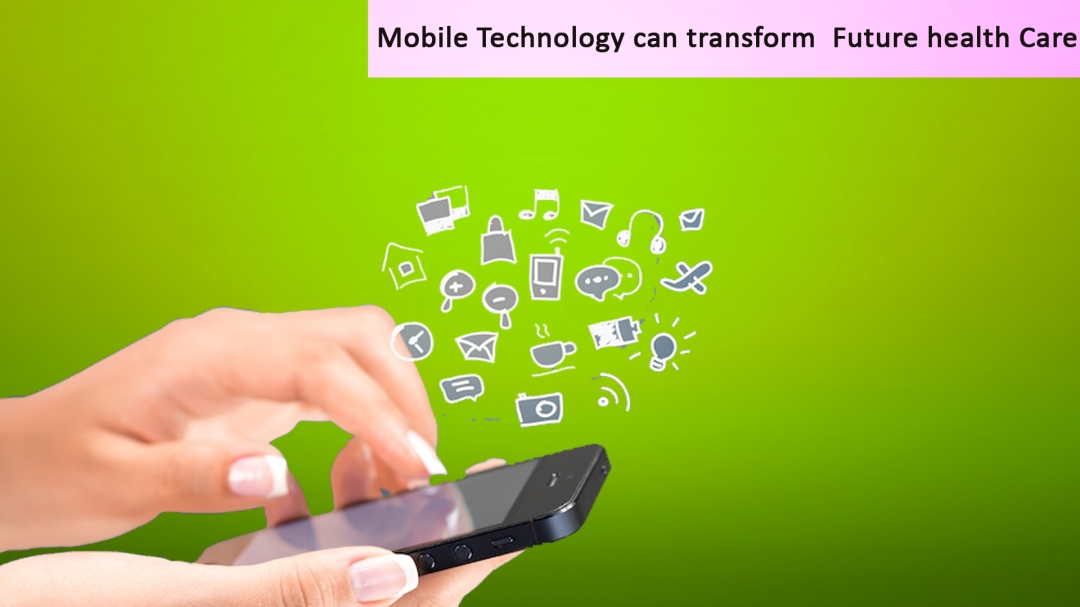
Our country is facing a health care crisis. States are divided on Obamacare and Medicaid, and new legislation is not making any clear progress in increasing access to affordable health care.
Also Read: Apple COO Jeff Williams on tech and health care: ‘we can’t think of anything more significant’
According to findings by the Urban Institute, nearly two out of every three uninsured low-income individuals some 9.7 million people who would have qualified for subsidized coverage under Obamacare might not receive it next year because their states have not expanded Medicaid. Also, according to a study by The Association of American Medical Colleges, we’ll be facing a shortage of more than 90,000 doctors in the next five years.
While there have been a lot of gloom and doom articles about these significant health care challenges we’re grappling with, there has been surprisingly little talk about the incredible technology solutions that are being developed specifically to combat these issues. Legislation is slow, but technology is fast. And there are many ways that we can begin to increase access to affordable care with technology.
A doctor’s time is increasingly scarce and expensive. The only scalable, near-term solution is to enable physicians to be more efficient and manage more patients while empowering them to improve the quality of care they can provide.
What if doctors used powerful mobile applications to remotely track their patients’ treatment compliance and progress? What if they could provide patients with remote access to their expertise, or to other medical knowledge they trust? What if they kept in-person office visits to the time they’re really required for longer, in-depth consultations?
Health care providers should be making use of new mobile technologies that will empower physicians to become “coaches of care,” and facilitate significantly higher quality of care in every patient interaction. Instead of people waiting for weeks or months to get a rushed appointment where they receive second-rate care, healthcare facilities can support the wide adoption of technologies that will enable doctors to remotely connect, monitor, and interact with hundreds, even thousands of patients.
There are already some incredible startups developing mobile products that facilitate more efficient (and more economical) delivery of care. While these products, some of which are still in the early stages of development, won’t replace or automate a doctor’s job, they are great precursors for fostering a more transparent doctor-patient relationship
Another huge problem technology companies are helping address is medication non-adherence. According to a study by the New England Health Institute, the total economic impact of medication non-adherence is estimated to be as much as $290 billion in the U.S. alone. Studies show that more than half of prescribed medications are never consumed, and it’s difficult and impractical for doctors to follow up and ensure that patients continue to take medications as prescribed. To battle this problem, digital health company Proteus recently received FDA approval to manufacture pills with edible electronic sensors. The sensors transmit data to an online app, and the data can be used by doctors to monitor a patient’s medication compliance.
Imagine a world where these types of amazing remote patient examination tools, sensors, and apps are available to everyone, everywhere—to patients and parents, the young and the old, at home and on-the-go. Imagine a world where mobile tools passively collect data about patients with little-to-no active participation from the patients themselves. Imagine a world where people have immediate mobile access to the right doctor for them, who can access a platform that privately and securely aggregates this valuable data. Physicians will be able to monitor large numbers of patients remotely, answer their questions quickly, and invite them for an office visit when necessary. Moreover, doctors will make more informed—and therefore higher quality—decisions about the best care, because they will have more data that is digital and easily accessible.
This transformation will overhaul our entire health care system, allowing doctors to deliver higher quality, more personalized patient care, efficiently and cost-effectively, anytime, anywhere. Our path to avoiding a second rate health care system should choose real-time technology and mobile health to create easier, faster, and less expensive access so that more people can receive better care.
Article Source: fortune
